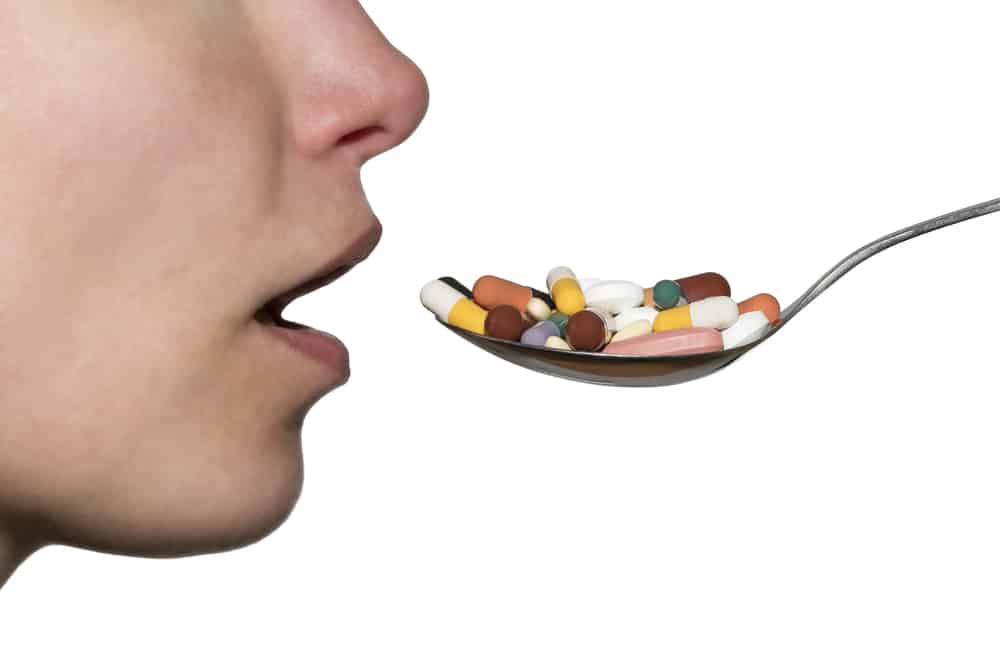Global Antibiotics Consumption Skyrocketing, Upping Resistance Risks
Antibiotic resistance, driven by antibiotic consumption, is a growing global health threat. Tracking antibiotic consumption patterns over time and across countries could inform policies to optimize antibiotic prescribing and minimize antibiotic resistance, such as setting and enforcing per capita consumption targets or aiding investments in alternatives to antibiotics.
And this is exactly what a new study has done- with shocking results. As per this study by a team of international scientists, antibiotic consumption rates have increased worldwide from 11.3 to 15.7 defined daily doses (DDDs) per 1,000 inhabitants per day between 2000 and 2015.
DDDs are a statistical and standardized measure of drug consumption and represent the assumed average maintenance dose per day for a drug used for its main indication in adults.
Despite efforts to encourage more prudent use of antibiotics, the team found a 65% rise in worldwide consumption of the drugs from 2000 to 2015. The sharp upturn, revealed in sales figures from 76 countries, was driven almost entirely by rising use in poorer nations, the study found.
“We saw a dramatic increase in antibiotic use globally and this is mostly from gains in low and middle income countries where economic growth means they have greater access to the drugs,
” said Eili Klein, an author on the study at the Center for Disease Dynamics, Economics and Policy in Washington DC.“While it’s generally a positive that there’s better access to effective antibiotics in these countries, there’s the potential for serious problems down the road from overuse. We know there’s a lot of inappropriate use in high income countries, and many of these lower income countries do not have the same controls in place.”
To come up with the global consumption estimates, researchers from CDDEP, Princeton University, the Institute of Integrative Biology in Zurich, and the University of Antwerp used pharmaceutical sales data from 76 countries, broken down between the retail and hospital sectors. Because there is no global body collecting antibiotic consumption data, Klein said, these are the best data currently available.
Antibiotic resistance is a global health problem; when it emerges in one place, it quickly spreads to other parts of the world. The study underscores the need for consistent global surveillance of antibiotic resistance and policies to curtail unnecessary antibiotic use. The loss of effective antibiotics is driven in large part by antibiotic consumption, most of which is inappropriate and does nothing to improve health, the researchers said.
Bacterial resistance to antibiotics can be detrimental to people in developing nations that actually need improved access to antibiotics to help fight their higher rates of illness and death caused by infectious diseases.
Antibiotic use in low-income and middle-income countries, antibiotic use — particularly of broad-spectrum penicillins — increased by 114 percent in the same 15-year period, spurred by economic and population growth. Some of those countries had consumption rates that surpassed those of high-income countries, but many still have considerably lower per-capita levels of anitbiotic consumption than high-income countries due to limited access. The United States remained one of the largest consumers of glycylcyclines (tigecycline) and oxazolidinones (linezolid).
It’s been more than a year since the United Nations General Assembly recognized the global threat of antibiotic resistance, but there has been little action since then, noted study co-author and CDDEP Director Ramanan Laxminarayan.
“We must act decisively and we must act now, in a comprehensive manner, to preserve antibiotic effectiveness,” Laxminarayan said in the news release.
“That includes solutions that reduce consumption, such as vaccines or infrastructure improvements, particularly in low-income and middle-income countries. New drugs can do little to solve the resistance problem if these drugs are then used inappropriately, once they are introduced,” he said.































Hello,
Can you please give me updates related to MSc. algal related jobs and on journal publishing conferences.